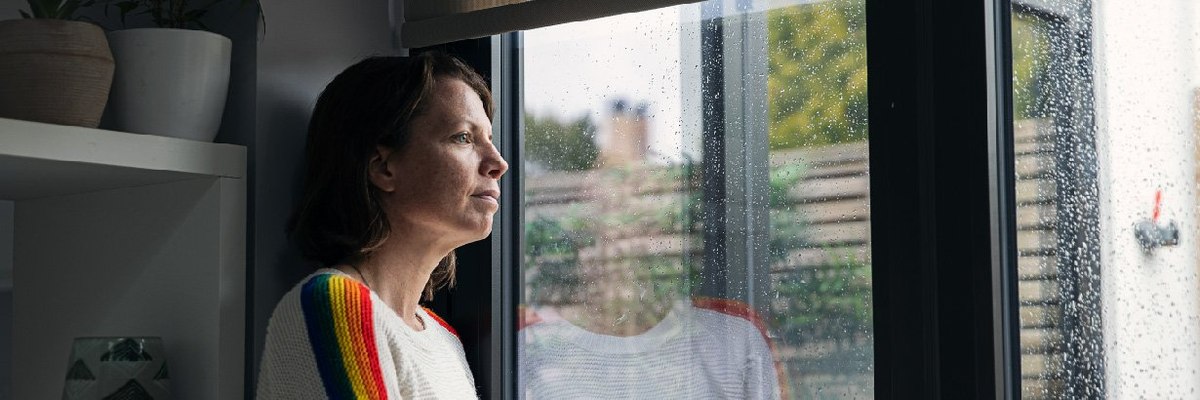The COVID-19 pandemic has brought stark changes to the way we behave and live our daily lives, from not being able to freely socialise and see friends and family, to making handshakes and hugs a dangerous activity. YouGov has conducted a comprehensive study looking into whether and how these new circumstances brought by COVID-19 affected and changed how the British public feel about themselves.
The study looked at how the change in social circumstances affected the lives and personality of Britons, specifically when it comes to the issues of coping with the situation, experiencing loneliness, mental health issues and the impact on relationships.
Overall, the results have shown that the social change caused by the coronavirus pandemic has led to over half of Britons saying their life has become worse, with most experiencing loneliness and a deterioration of their mental health.
We have divided the study into the following parts:
Part One: How have Britons coped with the impact of COVID-19?
Part Two: The impact of coronavirus on loneliness in Britain
Part Three: The impact of coronavirus on mental health and relationships
Part Four: British personalities in the year of COVID-19
The study was conducted between 30 October and 2 November 2020 on a nationally representative sample of 2,106 adults in the United Kingdom. The fieldwork coincided with the announcement of a second, four-week-long, lockdown in England.
Here are the top 10 things which show how the British feel about themselves in the year marked by the COVID-19 pandemic:
- Over half of Britons (54%) report that life has become worse for them since the pandemic started, rising to six in ten (61%) among those 60 and older
- Seven in ten Britons (70%), however, say they coped well, but those in their 20s and 30s, as well as women, are more likely to say they struggled
- When it comes to what effects of the pandemic Britons have struggled most with, half (51%) say it was not being able to freely go out. For just under half (46%) not being able to see family members was one of the top issues
- Half (51%) say they felt lonely at least several times a month since the first lockdown. Approaching half (46%) of 16-24 year olds say they have experienced loneliness every week since March. This is significantly more than other age groups
- A third (34%) report feeling lonelier than usual since social distancing measures began in March, with this impacting women (38%) more than men (29%)
- Over half (53%) of Britons say that the situation caused by the coronavirus pandemic has harmed their mental health, whilst nearly two-thirds (63%) report feeling anxious at least several times a month since March
- One in five (20%) report feeling anxious on most days of the week or even more frequently. Women in particular are more likely to say they have felt anxious several times a month or more, at 70% compared to only around half (53%) of men
- When it comes to people in a relationship, one in nine (11%) report that they and their partner have become more distant as a result of the disease. For three times as many (33%) the pandemic has actually brought them closer to their partner
- Over four in ten (45%) say they became more distant with their close friends
- More people report feeling confident in their work now - over eight in ten (84%) - than in 2019 when 76% said this







